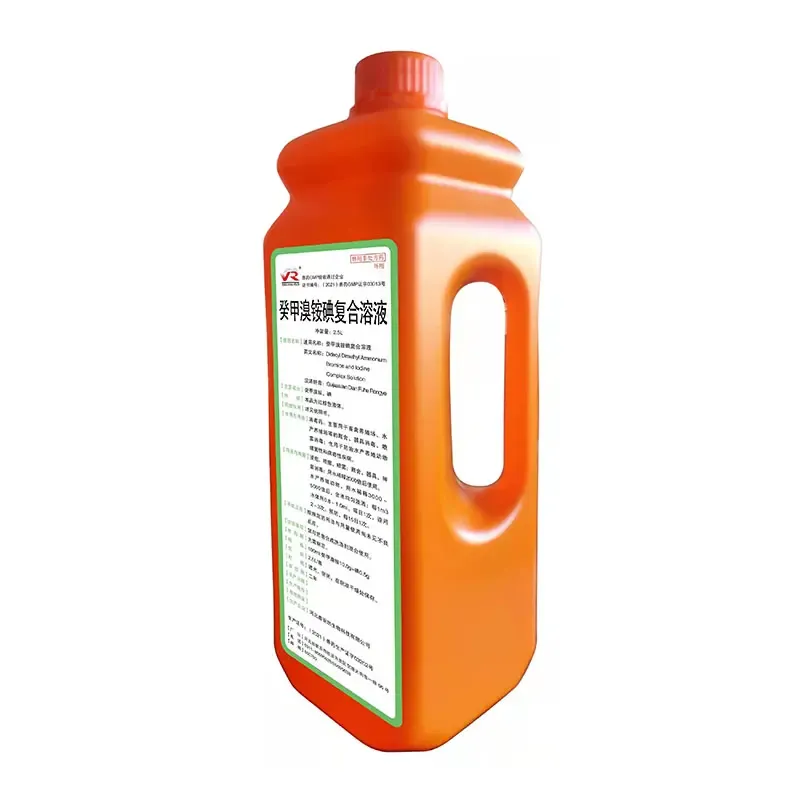- Afrikaans
- Albanian
- Amharic
- Arabic
- Armenian
- Azerbaijani
- Basque
- Belarusian
- Bengali
- Bosnian
- Bulgarian
- Catalan
- Cebuano
- Corsican
- Croatian
- Czech
- Danish
- Dutch
- English
- Esperanto
- Estonian
- Finnish
- French
- Frisian
- Galician
- Georgian
- German
- Greek
- Gujarati
- Haitian Creole
- hausa
- hawaiian
- Hebrew
- Hindi
- Miao
- Hungarian
- Icelandic
- igbo
- Indonesian
- irish
- Italian
- Japanese
- Javanese
- Kannada
- kazakh
- Khmer
- Rwandese
- Korean
- Kurdish
- Kyrgyz
- Lao
- Latin
- Latvian
- Lithuanian
- Luxembourgish
- Macedonian
- Malgashi
- Malay
- Malayalam
- Maltese
- Maori
- Marathi
- Mongolian
- Myanmar
- Nepali
- Norwegian
- Norwegian
- Occitan
- Pashto
- Persian
- Polish
- Portuguese
- Punjabi
- Romanian
- Russian
- Samoan
- Scottish Gaelic
- Serbian
- Sesotho
- Shona
- Sindhi
- Sinhala
- Slovak
- Slovenian
- Somali
- Spanish
- Sundanese
- Swahili
- Swedish
- Tagalog
- Tajik
- Tamil
- Tatar
- Telugu
- Thai
- Turkish
- Turkmen
- Ukrainian
- Urdu
- Uighur
- Uzbek
- Vietnamese
- Welsh
- Bantu
- Yiddish
- Yoruba
- Zulu
дек. . 29, 2024 11:49 Back to list
avermectin pour on solution how to use
Understanding Avermectin Pour-On Solution Usage and Application
Avermectin pour-on solution has emerged as a significant tool in veterinary medicine, particularly for the treatment and prevention of parasitic infestations in livestock. This article explores the key aspects of using avermectin pour-on solutions, their benefits, and safety precautions.
What is Avermectin?
Avermectin is a class of drugs derived from the fermentation of the soil bacterium *Streptomyces avermitilis*. It is well-known for its efficacy against a variety of internal and external parasites in animals, including roundworms, lungworms, lice, and mites. It disrupts the nerve and muscle functions of parasites, ultimately leading to their paralysis and death.
The pour-on formulation of avermectin allows for easy and effective application, making it a preferred choice for livestock producers. It is commonly used in cattle, sheep, goats, and other ruminants, particularly in the context of large-scale farming operations.
Benefits of Avermectin Pour-On Solution
1. Ease of Application The pour-on formulation is simple to apply. It requires minimal handling, reducing stress for both the animals and the handlers. This convenience is especially advantageous in large herds where individual animal treatment might be impractical.
2. Targeted Treatment The pour-on solution can be directly applied to the skin, allowing for targeted treatment of specific animals showing signs of infestation, while also providing a residual effect that protects against re-infestation.
3. Broad Spectrum Activity Avermectin is effective against a wide range of parasites, making it a versatile solution in parasitic control programs. Users benefit from not needing multiple products for different types of infestations.
4. Low Residue Levels With proper usage, avermectin pour-on solution typically achieves low residue levels in meat and milk, making it compliant with food safety standards when used according to label instructions.
How to Use Avermectin Pour-On Solution
avermectin pour on solution how to use

1. Read the Label The first step in using any veterinary product is to carefully read the manufacturer's label. Each product may have specific instructions regarding dosage, application sites, and withdrawal periods before slaughter or milking.
2. Preparation Ensure that the animal's coat is clean and dry before application. This ensures better absorption and effectiveness of the product.
3. Application Technique - Use gloves to protect your skin. - Part the hair on the back of the animal along the spine, ideally in an area between the shoulder blades and the tail head. - Apply the recommended dose along the centerline of the back, avoiding contact with the eyes and mucous membranes. - Do not rub or massage the area after application, as this can interfere with the absorption of the drug.
4. Post-Application Care Monitor the treated animals for adverse reactions or side effects. It’s important to keep an eye on their behavior for signs of improvement or distress.
5. Withdrawal Periods Adhere to the withdrawal periods specified on the label. This is crucial for ensuring that any residues have cleared from the animal’s system prior to processing for food products.
Safety Precautions
While avermectin pour-on solutions are generally safe when used as directed, it’s essential to consider certain precautions
- Avoid contact with skin, eyes, and clothing. The active ingredients can be potent. - Keep the product out of reach of children and pets. - Dispose of any unused product and containers according to local regulations to avoid environmental contamination. - Consult a veterinarian if you notice any unusual health issues in your animals following treatment.
Conclusion
Avermectin pour-on solution is a valuable product for livestock producers aiming to manage parasite infestations effectively. Its ease of use, broad-spectrum activity, and targeted treatment options make it an essential tool in maintaining the health and productivity of livestock. By following the manufacturer's instructions and safety guidelines, farmers can ensure effective parasite control while safeguarding the well-being of their animals and the quality of their products.
-
Guide to Oxytetracycline Injection
NewsMar.27,2025
-
Guide to Colistin Sulphate
NewsMar.27,2025
-
Gentamicin Sulfate: Uses, Price, And Key Information
NewsMar.27,2025
-
Enrofloxacin Injection: Uses, Price, And Supplier Information
NewsMar.27,2025
-
Dexamethasone Sodium Phosphate Injection: Uses, Price, And Key Information
NewsMar.27,2025
-
Albendazole Tablet: Uses, Dosage, Cost, And Key Information
NewsMar.27,2025













